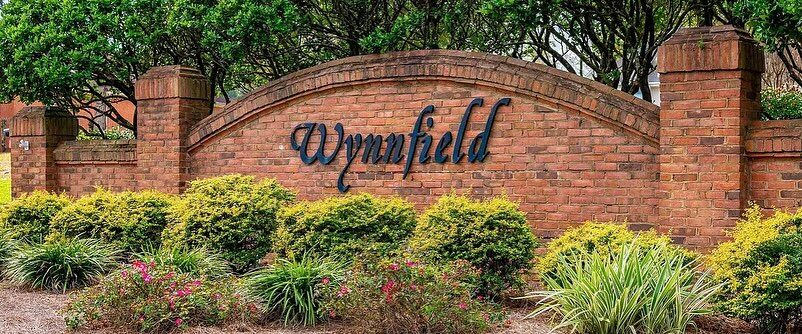Residents of the Wynnfield subdivision are voicing concerns over the growing number of businesses being operated from homes within their residential neighborhood. A quick search on Google Maps reveals a surprising concentration of business activity in the area, including construction companies, electrical contractors, general contracting services, and even party supply rental operations.
This has sparked a heated debate about zoning laws and the appropriateness of running businesses in a neighborhood that is strictly zoned for residential use.
Residential Neighborhood, Not a Business Hub
The Wynnfield subdivision was established as a quiet, family-oriented residential community. However, residents argue that the increasing number of businesses being run out of homes is undermining the area’s character and creating a host of problems.
“This is supposed to be a neighborhood where families can live peacefully,” said one longtime resident. “We’re seeing a parade of work trucks, heavy machinery, and even delivery vehicles coming in and out of the neighborhood daily. It’s not what we signed up for.”
Zoning laws in Mobile explicitly prohibit the operation of businesses in areas designated for residential use. These regulations exist to preserve the integrity of residential neighborhoods, limit noise and traffic, and ensure that property values remain stable.
Evidence of Business Activity
A Google Maps search of the Wynnfield neighborhood reveals listings for several businesses operating from residential addresses. Among the types of businesses identified are:
•Construction companies offering a variety of building and renovation services.
•Electrical companies providing home and commercial electrical work.
•General contractors advertising large-scale construction and remodeling services.
•Party supply rental companies that store and rent equipment like tents, tables, and chairs.
Residents report seeing these businesses conducting daily operations, including the storage of commercial vehicles, equipment, and materials at private homes. Some have also observed clients and workers frequenting the properties, creating congestion and disruption in the neighborhood.
Legal and Ethical Concerns
Operating a business in a residential neighborhood without the proper zoning or permits is illegal. Such activities can result in fines, legal action, and even the loss of business licenses for violators.
“These homeowners are flouting the law,” said a frustrated neighbor. “The rest of us have to follow the rules, so why should they get a pass?”
Additionally, some residents argue that these businesses are taking unfair advantage of lower residential property tax rates while using their homes as commercial spaces.
Community Impact
The presence of businesses in Wynnfield has raised several concerns:
1.Increased Traffic: The operation of businesses has led to a noticeable uptick in traffic, with work vehicles and deliveries adding to congestion on neighborhood streets.
2.Noise Pollution: Construction equipment, machinery, and frequent visitors have disrupted the peace and quiet of the community.
3.Safety Risks: The influx of unfamiliar vehicles and individuals has raised concerns about the safety of children playing in the neighborhood.
4.Decline in Property Values: Some residents worry that the commercial activity will detract from the neighborhood’s appeal and hurt property values.
Calls for Enforcement
Residents are now urging local authorities to intervene and enforce zoning laws more strictly. Many have contacted the City of Mobile’s zoning enforcement office, demanding investigations into the businesses operating within Wynnfield.
“This isn’t just about inconvenience,” said one resident. “It’s about fairness and maintaining the character of our neighborhood. We need the city to step in and address this before it gets out of hand.”
Seeking Solutions
Some residents have proposed solutions to mitigate the issue, including:
•Stronger Enforcement: Ensuring that zoning laws are enforced consistently and violators face consequences.
•Anonymous Reporting: Establishing a streamlined process for neighbors to report illegal business operations without fear of retaliation.
•Increased HOA Oversight: Encouraging the Wynnfield Homeowners Association to take a more active role in addressing the issue.
Conclusion
The presence of multiple businesses operating illegally within the Wynnfield subdivision has sparked concern and frustration among its residents. As calls for enforcement grow louder, many are looking to city officials and the HOA to take swift action to restore the neighborhood’s residential integrity. For now, the community remains divided over how to handle the issue, but one thing is clear: Wynnfield residents are eager to reclaim their peaceful, family-oriented neighborhood.
